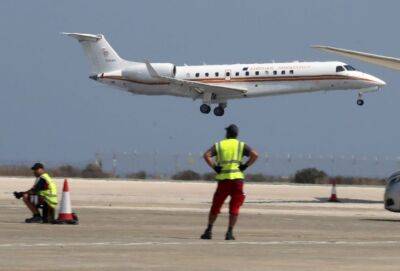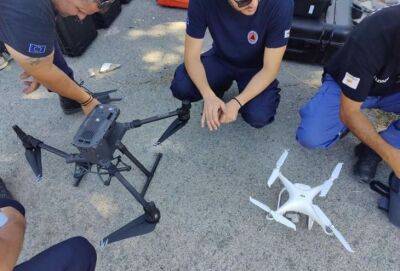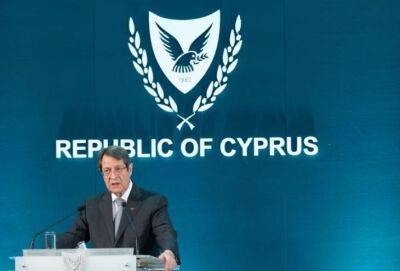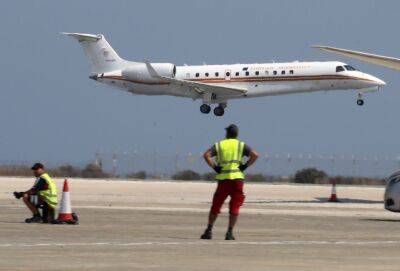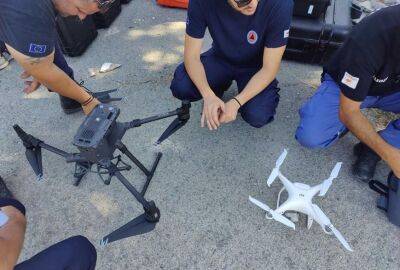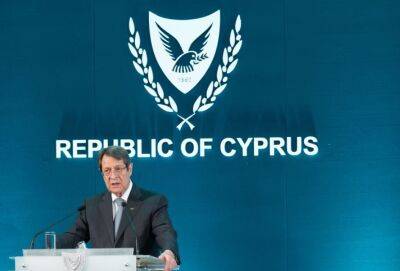‘Humanitarian’ deal allowing Russian ships in Cyprus jeopardised lifting of US arms embargo
The agreement violated one of the provisions of the Menendez-Rubio, ‘Eastern Mediterranean Security and Energy Partnership Act of 2019’, which ultimately opened the way for the lifting of the US arms embargo on Cyprus last September.
One of the provisions of the Act is to “urge countries in the region to deny port services to Russian vessels deployed to support the government of Bashar Al-Assad and terminate existing agreements granting Russian naval vessels access to ports.”
Two years later, and before the lifting of the US arms embargo in September 2022, Christodoulides went to Moscow, where he met foreign minister Sergei Lavrov and signed the cooperation agreement for humanitarian crises, which provides all the facilities demanded by Russia in Cyprus.
The agreement would have allowed Russia to use Cyprus’ “territory and infrastructure including ports and airports,” for “warships or a warship unit and for military aircraft.” The personnel of the “sending state that are in the territory of the receiving state for the purpose of the implementation of the agreement shall enjoy freedom of movement to the extent agreed by the bodies of the authorised bodies of the parties,” it said.
“This is more like an agreement on military rather than humanitarian cooperation, as it offers the use of facilities in Cyprus to the Russian navy and air force, as well as military personnel, on the pretext of humanitarian operations,” said a diplomatic source.
The agreement also had provisions for the storage of dangerous cargo. “In the case of need for special conditions for safe storage of dangerous goods transferred by the sending state to the territory of the receiving state, the relevant information shall be submitted at least 72 hours before
Читать на cyprus-daily.news








